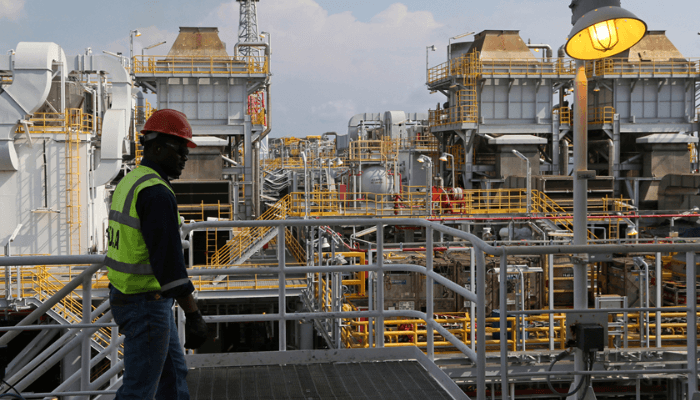Nigeria can only recover 18 billion barrels of crude oil from its reserves of over 37 billion barrels before the world transition away from oil, according to Rystad energy analysis.
Global recoverable oil is estimated at 1,572 billion barrels, a drop of almost 9 percent last year and 152 billion fewer barrels than 2021’s total, threatening global energy security, the study said.
This is driven by fallen investments into the sector due to climate concerns.
“While the drop in oil availability is positive news for the environment, it may threaten to further destabilise an already
precarious energy landscape,” said Per Magnus Nysveen, RystadEnergy’s head of analysis.
For countries like Nigeria where over 70 percent of government revenue comes from crude oil, this can precipitate fiscal crises.
Already, Nigeria’s output has dipped due to lack of investments in the troubled Niger Delta.
The analyst said energy security is a matter of redundancy; we need more of everything to meet the growing demand for transport and any action to curb supply will quickly backfire on pump prices worldwide, including large producers such as the US.
“Politicians and investors can find success by targeting energy consumption, encouraging the electrification of the transport sector
and drastically improving fuel efficiency.”
Read also: AfDB to launch African Just Energy Transition Facility to tackle climate change
The US is expected to contribute the largest drop, where 20 billion barrels of oil will remain in the ground, largely due to leasing bans
on federal land.
Of the 1,572 billion barrels of technically recoverable oil, only about 1,200 billion barrels are likely to be economically viable
before 2100 at $50 per barrel, the analysts said.
The energy firm noted that this economically extractable oil would contribute about 0.1˚C of additional global warming by 2050, and
somewhat less by 2100 thanks to natural carbon sinks.
Rystad revised estimates of total undiscovered oil from 1 trillion barrels in 2018 to 350 billion barrels due to a rapid collapse in
investor appetite for exploration exposure, leading to fewer government leases.
In addition, this downward revision is good news for carbon compliance but could have negative consequences for global energy security, particularly if electric vehicle adoption falls short of expectations.
According to Rystad’s analysis this year, a significant difference was found between Organization of Petroleum Exporting Countries
(OPEC) and non-OPEC members in the longevity of proven reserves.
All OPEC countries have proven reserves that are expected to last over 10 years, ranging from Iraq with just over 10 years to more
than 14 years in Saudi Arabia.
In non-OPEC member countries, Mexico ranks last among individual countries with fewer than five years of proven reserves,
whereas Canada’s reserves are projected to last almost 20 years.







